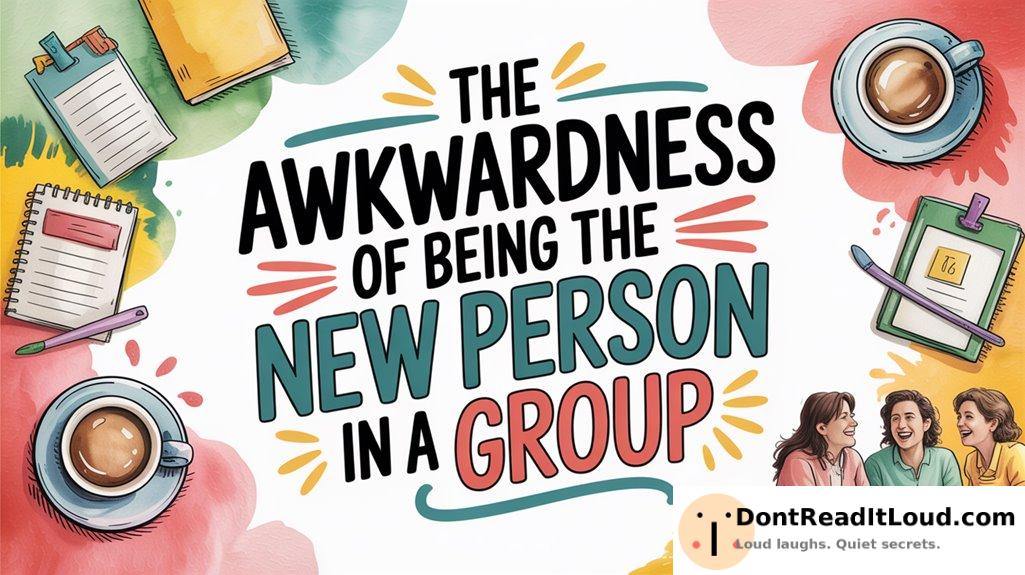
When you’re new to a group, it can feel like stepping onto an alien landscape. The pressure to connect with established friendships and follow inside jokes is real. Icebreakers, even if awkward, can help you feel more at ease by revealing our shared discomfort. Noticing that others feel nervous too shows you’re not the only one. As you make it through these activities, the environment slowly feels less intimidating. Finding your place might be easier than you expect.
Walking into a room full of strangers can feel like stepping into a different universe. You’re suddenly an alien trying to decipher a new language of small talk and awkward laughter. Your palms sweat, your mind races, and you desperately wish you’d developed the superpower of invisibility. But alas, you’re stuck with the very human condition of social anxiety. You’re not alone, though. Everyone in the room probably wishes they’d their trusty sidekick to break the ice, but instead, you face icebreaker games—those odd rituals meant to ease the tension and help you blend in.
You find yourself thrust into a circle of strangers ready to play “Two Truths and a Lie.” Sounds simple enough, right? Wrong. Suddenly, you wonder if you even have two interesting truths. And what about the lie? Should you make it subtle or go for something wild? The pressure builds as others share their stories, and you start to think you missed your calling as a secret agent. At least no one’s asked you to perform your most embarrassing dance move… yet.
As the game goes on, you start to notice cracks in everyone else’s cool exterior. The guy next to you stumbles through his “truths,” and the woman across the circle seems nervous about her “lie.” It’s oddly reassuring to realize that everyone feels awkward sometimes. Icebreaker games, for all their cringe, begin to feel like a way to connect rather than just survive. Each shared laugh and friendly nod feels like progress.
Eventually, the icebreakers finish, and you’ve survived with your dignity mostly intact. You even remember a few names, though you’re still convinced someone called “Rob” is actually “Bob.” No one’s perfect, right? The room gradually feels less intimidating and more like a place where you might actually fit in.
Conclusion
In the end, being new in a group isn’t as daunting as it appears. Embrace the discomfort—everyone has experienced it at some point. Be genuine, and remember that growth comes from stepping out of your comfort zone. You’ll soon find your footing and may even form meaningful connections. Take a deep breath, put on a smile, and dive in. The feeling of being new will soon pass, and you’ll start to feel at home.



